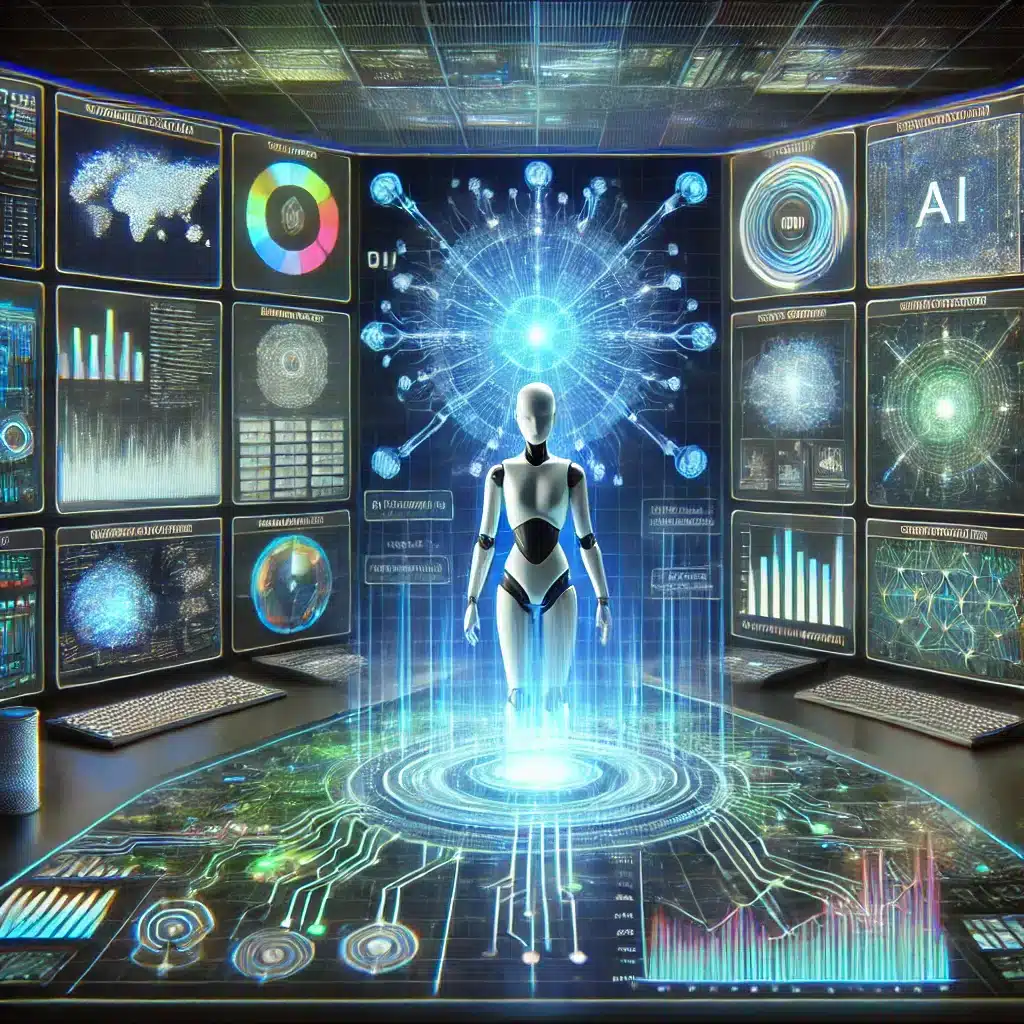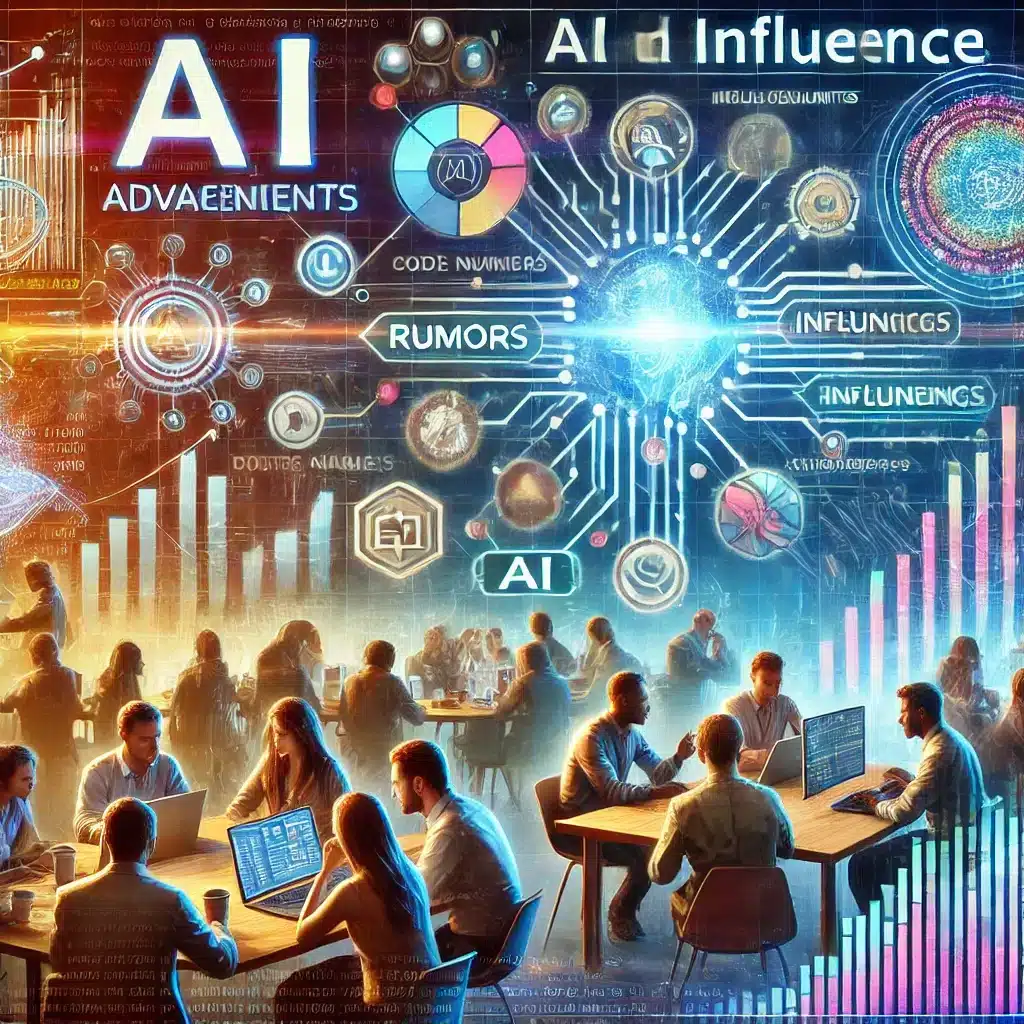Understanding AI Capabilities in Business
In recent years, the rapid advancements in artificial intelligence (AI) have significantly impacted various sectors. Nevertheless, the true capabilities of AI in business operations are often misunderstood. While AI has successfully streamlined processes, it is not the solution for every challenge. It is crucial to understand the boundaries of AI’s abilities, particularly in intricate domains like trading. Human Traders Still Have Edge Over AI.
Misconceptions AI in Business Operations
Many believe that AI in business can entirely substitute human expertise in complex decision-making areas. However, certain uniquely human qualities remain irreplaceable. In the financial sector, for instance, AI is adept at handling massive data sets and providing insights. But, it lacks the creative and intuitive aspects often necessary for strategic decisions. Trading is a field that illustrates this limitation well.
The Role of AI in Trading
AI has proven its value in various trading strategies, especially in high-frequency trading (HFT). Here, speed is crucial, and AI delivers significant advantages with rapid data processing. Nevertheless, the real expertise in HFT often lies in hardware investments rather than AI prowess. Meanwhile, AI enhances junior level tasks, further assisting humans rather than entirely taking over. Despite the advancement, human traders continue to outperform machines due to their strategic thinking and creativity.
Strategic Thinking and Intuition
The dynamic nature of trading demands both intuition and insight. While AI tools like BloombergGPT offer valuable support, they focus mainly on junior analytic duties. The more critical strategic decisions still fall to humans. These decisions require a deep understanding of the market and the external factors influencing it.
Exploring Future AI Improvements
AI is continually evolving, and its role in business operations will expand. Nevertheless, robust changes await the development of artificial general intelligence (AGI). Until then, tools will improve, but the core human qualities will guide substantial trading decisions. AI remains a supplement to human actions in trading rather than a replacement. Consequently, businesses must weigh AI’s capabilities wisely and continue to engage human insight when making key determinations.
Conclusion: Balancing AI and Human Expertise
Ultimately, understanding AI capabilities allows companies to leverage its strengths effectively. It is vital to recognize that while AI offers efficient data processing, decision-making still relies on human understanding and creativity. Maintaining a balanced approach to AI in business operations ensures the best outcomes, allowing both technology and human expertise to work hand in hand.



